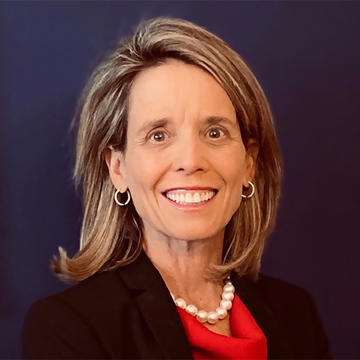Vacancies, acting officials, and the waning role of the Senate
The Senate's role as a check on the president’s appointment power has diminished
Read the full article at The Brookings Institution
With the recent passing of Justice Ruth Bader Ginsburg and ensuing speculation over whether Republican senators will confirm the president’s nominee before the 2020 election, the role of the U.S. Senate has taken center stage. Such an imbroglio leaves the impression that the Senate plays a pivotal role in the appointments process, and while they most certainly pay attention to Supreme Court nominations, their broader role as a check on the president’s appointment power has diminished. Findings released in a new report, The Replacements: Why and How “Acting” Officials are Making Senate Confirmation Obsolete, reveal the Senate’s weakness as a check on the president’s appointment power. In short, the sheer number of federal vacancies in combination with a slew of “acting” officials in key positions have sidelined the Senate, raising important questions about government performance and our system of checks and balances.
[In] the Justice Department a full 31% of the Senate-confirmed positions were continuously vacant, and over half (55%) were unfilled as of August 17, 2020.
Prepared in a collaboration between The Brookings Institution and the Partnership for Public Service, our report provides data showing that after nearly an entire first term in office, thirty-nine key positions across the fifteen departments were never filled, while 131 key positions are vacant. Take, for example, the Justice Department where a full 31% of the Senate-confirmed positions were continuously vacant, and over half (55%) were unfilled as of August 17, 2020. Even the savviest business consultant might not be able to help our government manage effectively amidst this massive leadership vacuum. Meanwhile, the institution that could do the most about this problem has mostly remained silent. One might think that a president’s failure to nominate qualified individuals for these key positions would draw the Senate’s attention, but it appears to be of little concern.
